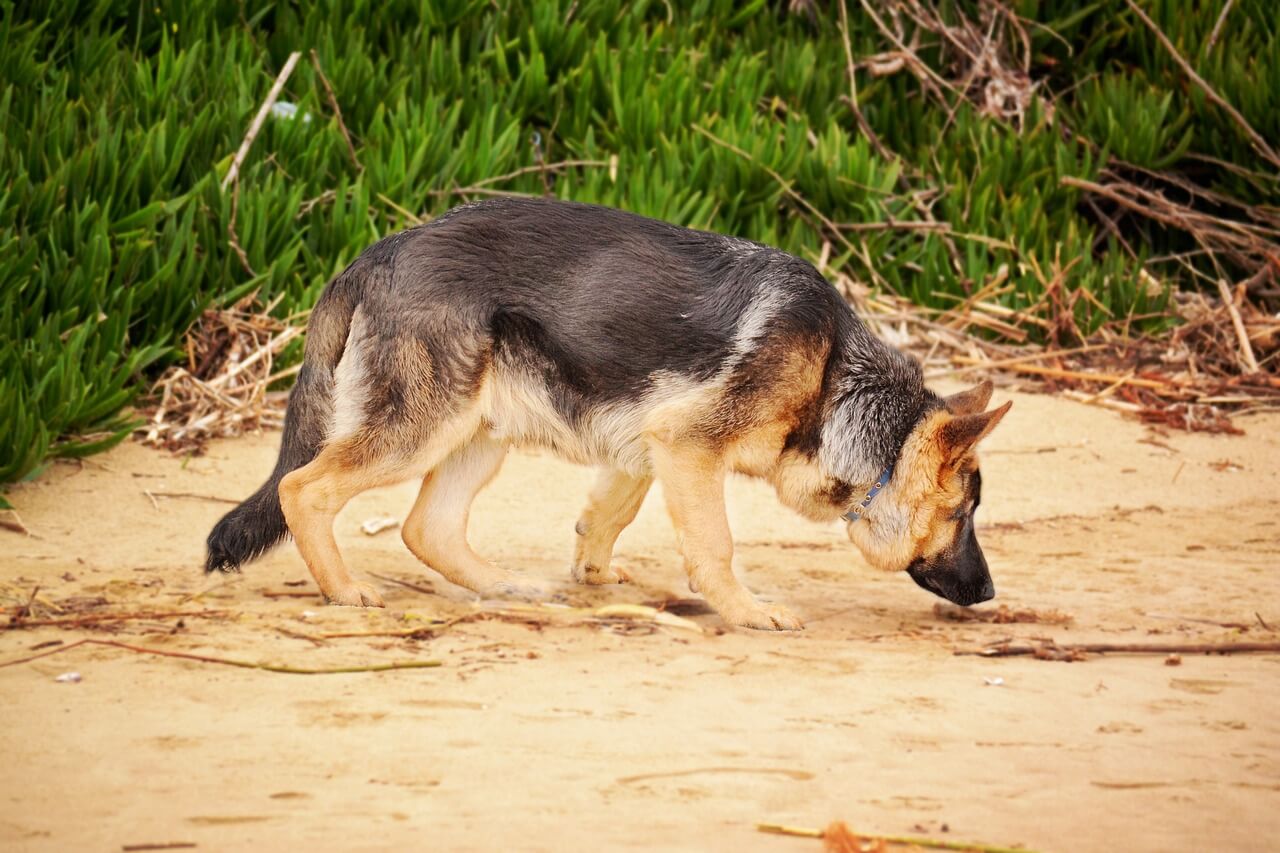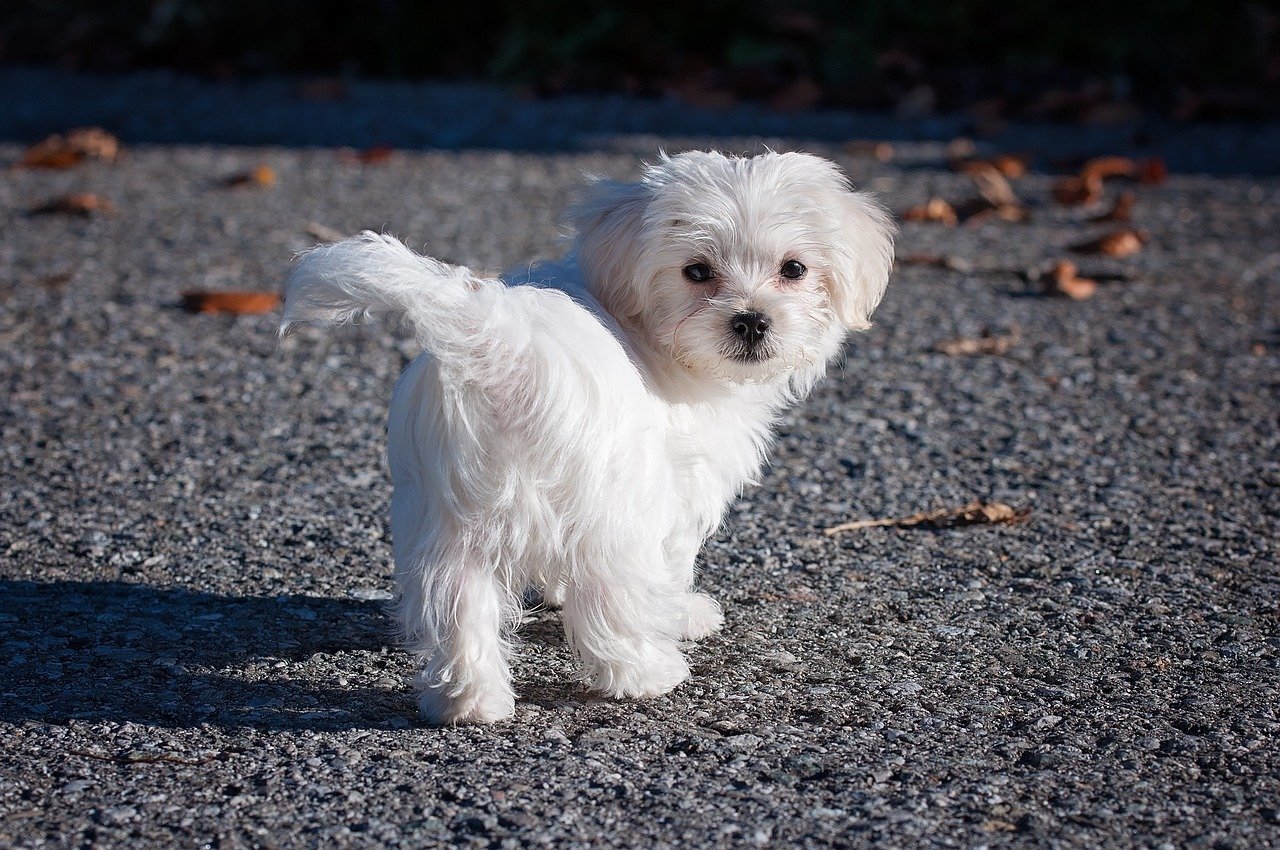Have you ever wondered why your dog sniffs everything while out on walks or exploring your home? A dog's sense of smell is their primary sense, far more developed than ours. In fact, a significant portion of the canine brain is devoted to processing scents, allowing them to gather detailed information about the world. From identifying other animals to exploring new environments, sniffing is how dogs experience life.
This article delves into the fascinating reasons behind your dog's sniffing habits and how their incredible noses work.
The Remarkable World of Your Dog’s Nose
Dogs gather detailed information about their environment primarily through their noses. Unlike we humans, who rely heavily on sight, our canine friends use smell as their primary sense. To put it simply, the canine brain devotes a large portion to processing scents, far more than humans. This explains why your pet spends so much time sniffing everything from new people to the patch of grass down the street.
For example, breeds such as Basset Hounds have incredibly powerful noses, capable of detecting pheromones and scents humans can't even imagine. Their nasal cavity and vomeronasal organ—also known as Jacobson's organ—help them identify scents and even gather detailed information about the emotions and health of other animals.
Pee-Mail and Canine Communication
When your dog stops to sniff another dog's urine or a spot frequented by other animals like cats, they're essentially checking their "pee mail." Dogs communicate through scents, marking territory, conveying their mood, and even signaling reproductive status. Female dogs and puppies, especially, use scents to learn about the world and other dogs they encounter.
Sniff Walks: Why They Matter
Sniff walks aren't just a fun game for dogs—they're essential to their mental health. Allowing your dog plenty of time to sniff during walks provides critical mental stimulation. Police dogs, for instance, depend heavily on their sense of smell to perform their duties effectively, highlighting just how powerful and important sniffing can be in canine behavior.
If you're worried about excessive sniffing, don't panic—it's typically normal dog behavior. However, owners should remain observant. If your dog suddenly exhibits obsessive sniffing or appears agitated around a certain scent, it might suggest something unusual like hidden food, a new animal presence, or even a health issue.
When Sniffing Might Signal Trouble
Excessive sniffing isn't always a bad thing, but sometimes it can indicate potential concerns. Dogs may sniff excessively if they're anxious, detect unfamiliar animals near the house, or sense a significant change in their environment. Always pay attention if your pet starts sniffing obsessively in specific areas of their body or mouth, as it might indicate discomfort or illness.
Enhancing Sniff Time for a Happier Pet
To enrich your dog's life, embrace their sniffing habits! Structured nose work activities or introducing sniffing-based fun games like hide-and-seek with treats can significantly enhance their day. Imagine how exciting it is for dogs to identify and remember scents; these activities leverage their natural abilities and keep them mentally and physically satisfied.
Tips for Dog Owners
Supporting your dogs inclination to sniff during walks not adds enjoyment to the experience but also promotes their overall health and happiness. Allow me to offer some ideas on how you can support and embrace your friend's exploration of scents.
Allow Extra Time for Sniffing on Walks: When you're out for a walk, build in extra time for your dog to explore with their nose. This doesn't mean letting them pull you all over the place, but rather allowing them a little freedom to sniff around.
Create Sniffing Games at Home: You can turn sniffing into a fun game! Hide treats around your home or yard and let your dog find them. This not engages their sense of smell. Also offers mental and physical stimulation.
Choose the Right Leash for Walks: Using a longer leash can give your dog more freedom to explore scents while keeping them safe and under control. Just make sure you're in a safe area where they can wander a bit without any danger.
Be Patient and Observant: Keep in mind sniffing plays a role, in how your dog engages with the world. It can also help deepen your connection as you gain insights into their likes and behaviors.
Consult Your Vet for Sniffing-Related Concerns: If you notice any changes in your dog's sniffing habits or if you have concerns about their health related to sniffing, talk to your vet. They can offer assistance. Ensure that your dog's sense of smell is, in condition.
The Science Behind a Dog's Sense of Smell
The canine sense of smell is 10,000 to 100,000 times more sensitive than that of humans. The canine brain dedicates a large portion to processing smells, making their noses incredibly efficient. Dogs can even detect scents layered with multiple odors, separating and analyzing each one individually.
Their noses are so powerful that trained dogs are used for tasks like:
Detecting drugs, explosives, or missing persons.
Identifying health conditions, including detecting cancer in its early stages.
Recognizing human scents even after weeks.
This remarkable ability is why dogs are often described as having “super noses.”
The Language of Sniffs
Understanding our dogs' sniffing habits can tell us a lot about their behavior and needs. Take a moment to consider the ways that sniffing influences their experiences.
Sniffing and Dog Breeds: Some dog breeds are born sniffers! Breeds like Bloodhounds, Beagles, and Basset Hounds have noses that are made for tracking. But regardless of breed, all dogs use their noses to explore. So, whether your pup is a tiny Chihuahua or a big Labrador, they all love a good sniff!
Territory and Social Updates: When your dog sniffs and then leaves their scent somewhere, it's like them saying, "I was here!" It's a way of marking their territory. Also, sniffing the scents left by other dogs gives them the latest social updates — who's new in the neighborhood or who's been around recently.
Sniffing and Emotions: Did you know that dogs can sniff out emotions? Animals have the ability to detect pheromones which're signals they use to communicate with each other. So, when your dog sniffs you, they're often checking to see how you're feeling.
Misconceptions About Sniffing: Some people think that if a dog sniffs a lot, it's misbehaving or not paying attention. But that's not true! Dogs naturally engage with the world through sniffing, which's a behavior, for them.
Should Pet Owners Be Concerned About Excessive Sniffing?
In most cases, sniffing is a healthy and natural behavior. However, if your dog becomes obsessive or seems fixated on certain smells, it might indicate an underlying issue. For instance:
Health Concerns: Dogs sniffing excessively at their own body parts might be trying to signal discomfort or infection.
Environmental Triggers: New smells or changes in their surroundings might pique their interest more than usual.
If you're ever concerned about your dog's sniffing habits, consulting a veterinarian can help rule out potential issues.
Conclusion: Sniffing Is a Window Into a Dog's World
Understanding why dogs sniff everything gives us a deeper appreciation of their incredible abilities. Their noses are finely tuned instruments, capable of detecting scents that we humans can't even imagine. From identifying other animals to detecting diseases, sniffing plays a vital role in a dog's life.
Next time your dog spends extra time sniffing a patch of grass or a new person, remember—they're gathering valuable information about the world around them. As pet owners, encouraging this natural behavior is one of the best ways to keep our furry friends happy and healthy.
More Articles Related to Dog Behavior:
https://knoxgilmore.shop/a/blog/why-dogs-love-to-roll-around









